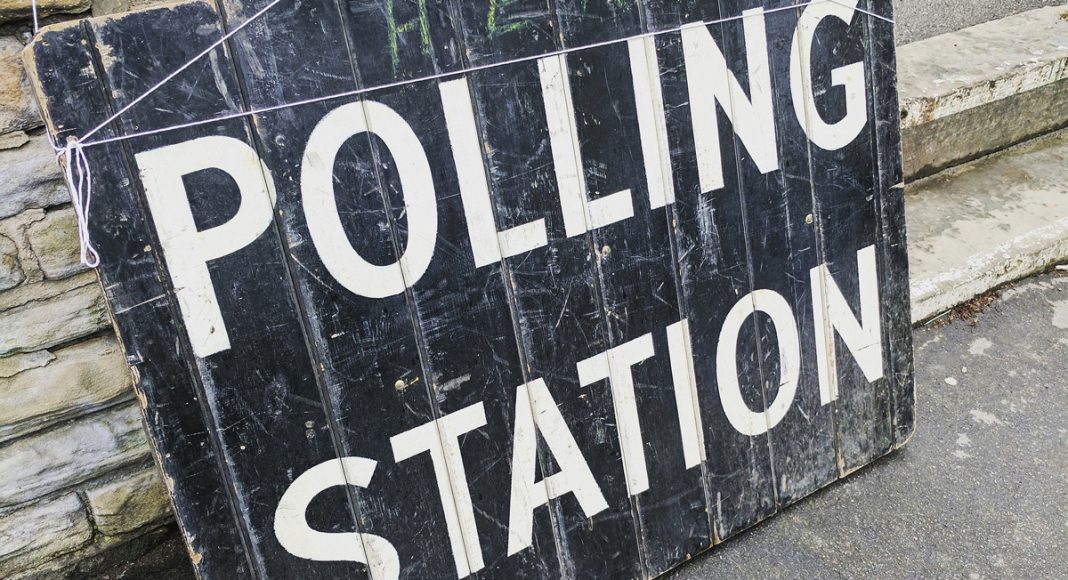The 2018 midterm election is a pivotal one, not only for the Trump administration and Republicans in general, who face the possibility of losing control of Congress, but also for marijuana users and cannabis companies across the nation.
“The trend of citizens looking to use the ballot to legalize marijuana (either for recreational or medical use) continues in 2018,” said Geoff Pallay, Editor in Chief of Ballotpedia, an online encyclopedia of American politics. “Voters in five states will have their say on their state’s marijuana policy on November 6th. Whatever the outcome, we don’t expect 2018 to be the end of marijuana’s presence on the ballot. Already we see at least 4 possible measures being prepared for 2019 and 2020 related to marijuana legalization.”
Who’s Voting?
On Tuesday, voters in Michigan and North Dakota will decide if marijuana is legalized for adult-use. “If they pass, those states will become the 10th and 11th states to legalize recreational use,” Bruce Barcott, deputy news editor at cannabis-focused website Leafly, told The Fresh Toast.
“Voters in Michigan or North Dakota could make their states the first east of the Rockies or outside of New England to legalize the recreational use of marijuana,” supplemented Ryan Byrne, Ballotpedia’s Marquee Staff Writer.
Approval of Michigan Proposal 1 or North Dakota Measure 3 could motivate legalization proponents to seek ballot initiatives in 2019, 2020, or beyond in other Midwestern states like Ohio and Missouri.”
Utah and Missouri will opt for or against medical marijuana legalization initiatives too, while other states like Ohio, Wisconsin and Colorado will be considering smaller reforms. If the votes in Missouri and Utah are positive, these states would join a group currently comprising 30 other states, allowing patients to access a treatment option that 93 percent of Americans believe should be legal.
Why The Midterms Matter
But, for those living in other states beyond the ones mentioned above, why do Tuesday’s cannabis ballots matter?
“The 2018 mid-terms mark a new high-water mark for cannabis legalization,” Barcott added. “Two years ago it would have been nearly unthinkable for a state like Utah to consider legalizing medical marijuana, or North Dakota to try legalizing adult-use cannabis. But here we are.”
With Canada legalizing cannabis nationwide a few weeks ago, and Mexico’s Supreme Court declaring cannabis prohibition unconstitutional just last week, “the United States remains the only North American nation clinging to harmful, outdated policies based on long-disproven fears and fabrications,” Barcott noted.
“We expect three of the four states considering legalization to pass their measures. This would mark the march of legalization into America’s heartland, and send a strong message to Congress that it’s time to end federal prohibition and allow states to handle cannabis themselves,” he concluded.
But Lewis Goldberg, politics enthusiast and managing partner of KCSA Strategic Communications, is even more optimistic. “I think there’s the likelihood of all four ballot initiatives passing (in Michigan, Missouri Utah and North Dakota) is higher than the likelihood of none of them passing,” he said. “Michigan already has a robust medical program, so adult-use seems like a logical next step. North Dakota is going to have high turnout, and has a strong Native American vote, which by the way will help Senator Heitkamp, all of which bodes well for cannabis legalization. And the states that are voting on medical, Missouri and Utah… Missouri has a Senate race, which will drive high turnout, which is good for the ballot initiatives, and Utah has a strong inclination to pass this. So I think all four are going to win.”


